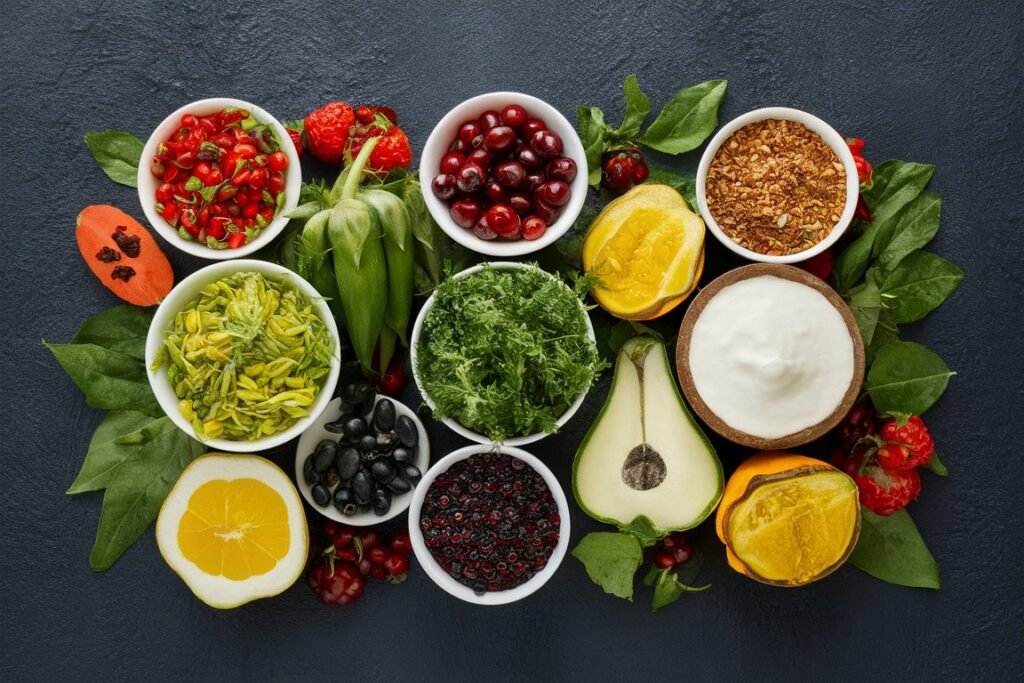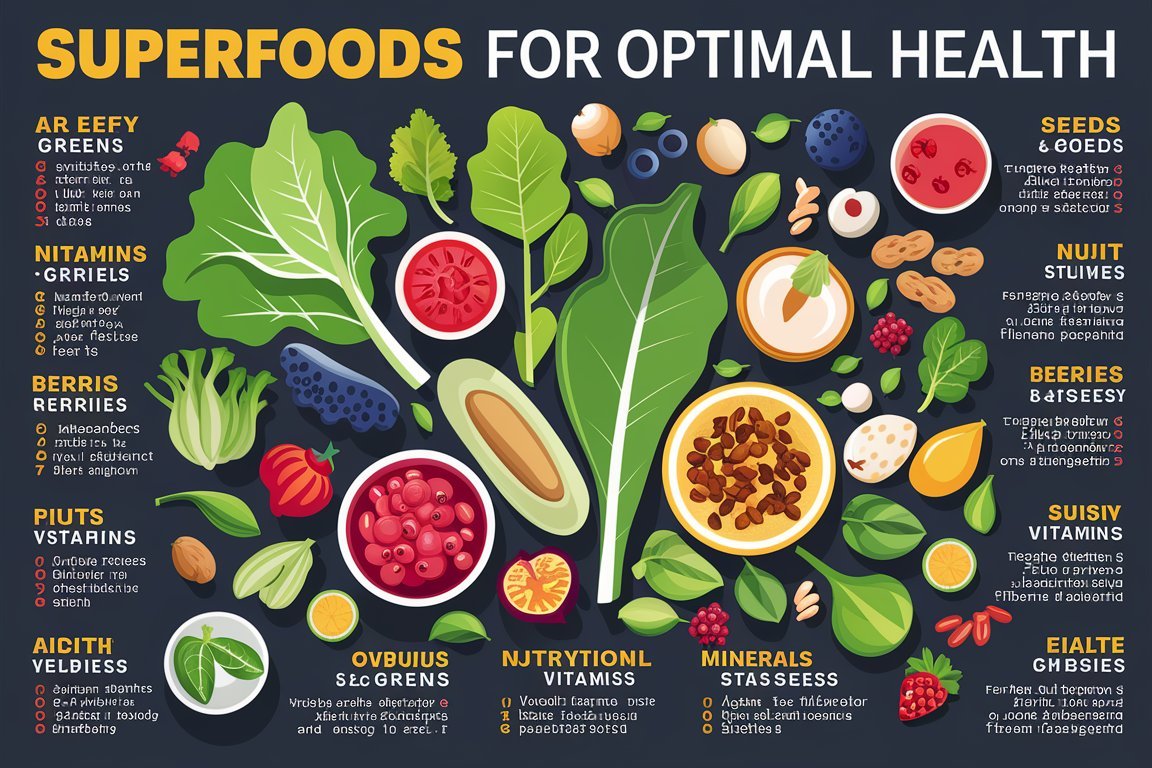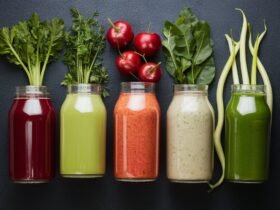Gut Health and the Role of Probiotics and Prebiotics
Hey there, my young and curious friends of 2024! It’s your gut health buddy from the past, Nita Sharda, here to take you on a wild and wonderful journey into the world of gut health – the secret superpower that keeps us feeling happy, healthy, and ready to take on the world!
Now, I know that the words “gut health” and “probiotics” might sound a little strange or even yucky at first, like something you’d hear in a doctor’s office or a science lab. But trust me, once you discover how amazing and important your gut is, and how probiotics and prebiotics can help keep it working like a well-oiled machine, you’ll never look at your belly the same way again!
So, are you ready to become a gut health superhero and learn about all the incredible things that are happening inside your body every day? Let’s get started!
What is Gut Health?
First things first, let’s talk about what we mean when we say “gut health.” Your gut, also known as your digestive system, is a long, winding tube that starts at your mouth and ends at your bottom. It’s responsible for breaking down the food you eat, absorbing the nutrients your body needs, and getting rid of the waste that’s left over.
But your gut is so much more than just a food processor – it’s also home to trillions of tiny living organisms called microbes, including bacteria, fungi, and viruses. These microbes make up what’s known as your gut microbiome, and they play a huge role in keeping you healthy and happy.
The Importance of a Healthy Gut Microbiome
So, why is your gut microbiome so important? Well, my young friends, let me tell you – a healthy gut microbiome is like a superhero team working together to keep your body in tip-top shape!
Helps with Digestion
One of the most important jobs of your gut microbiome is to help with digestion. The good bacteria in your gut work together to break down the food you eat, making it easier for your body to absorb the nutrients it needs to grow and thrive.
Boosts Your Immune System
Your gut microbiome also plays a big role in keeping your immune system strong and ready to fight off any germs or bugs that might come your way. In fact, about 70% of your immune system is located in your gut!
Helps with Mental Health
Believe it or not, your gut and your brain are actually connected by a special pathway called the gut-brain axis. This means that the health of your gut can have a big impact on your mood, behavior, and overall mental well-being.
Supports Healthy Weight
A healthy gut microbiome can also help you maintain a healthy weight by regulating your metabolism, controlling your appetite, and influencing how your body stores and uses energy.
Promotes Skin Health
Finally, a healthy gut microbiome can even help keep your skin looking and feeling its best by reducing inflammation and supporting the production of healthy skin cells.
As you can see, your gut microbiome is like a superhero team working behind the scenes to keep you feeling your best from head to toe!
The Role of Probiotics
So, how can we make sure our gut microbiome is healthy and happy? One way is by including plenty of probiotics in our diet.
What are Probiotics?
Probiotics are live microorganisms, usually bacteria or yeasts, that are similar to the good microbes found naturally in our gut. When we consume probiotics, either through food or supplements, they can help support the growth and activity of our gut microbiome.
Food Sources of Probiotics
Some great food sources of probiotics include:
- Yogurt and kefir
- Sauerkraut and kimchi
- Miso and tempeh
- Kombucha and other fermented drinks
By including these probiotic-rich foods in your diet, you can help support the health and diversity of your gut microbiome.
Probiotic Supplements
In addition to food sources, probiotics are also available in supplement form. Probiotic supplements contain specific strains of bacteria or yeasts that have been shown to have health benefits when consumed in adequate amounts.
Some common probiotic strains include:
- Lactobacillus acidophilus
- Bifidobacterium bifidum
- Saccharomyces boulardii
If you’re considering taking a probiotic supplement, it’s important to talk to your doctor or a qualified healthcare professional first to make sure it’s safe and appropriate for you.
The Role of Prebiotics
In addition to probiotics, another important factor in maintaining a healthy gut microbiome is prebiotics.
What are Prebiotics?
Prebiotics are a type of non-digestible fiber that serves as food for the good bacteria in your gut. When you consume prebiotics, they travel through your digestive system undigested until they reach your colon, where they are fermented by the good bacteria in your gut.
This fermentation process helps the good bacteria in your gut to grow and thrive, which in turn supports the health and diversity of your gut microbiome.
Food Sources of Prebiotics
Some great food sources of prebiotics include:

- Garlic and onions
- Leeks and asparagus
- Bananas and apples
- Whole grains like oats and barley
- Legumes like beans and lentils
By including these prebiotic-rich foods in your diet, you can help feed and support the growth of the good bacteria in your gut.
Prebiotic Supplements
Like probiotics, prebiotics are also available in supplement form. Prebiotic supplements usually contain specific types of non-digestible fibers, such as inulin or fructooligosaccharides (FOS), that have been shown to have prebiotic effects in the gut.
If you’re considering taking a prebiotic supplement, it’s important to talk to your doctor or a qualified healthcare professional first to make sure it’s safe and appropriate for you.
Lifestyle Factors that Affect Gut Health
In addition to probiotics and prebiotics, there are also several lifestyle factors that can have a big impact on the health of your gut microbiome.
Diet
What you eat plays a huge role in the health of your gut microbiome. A diet that is high in processed foods, sugar, and unhealthy fats can disrupt the balance of good and bad bacteria in your gut, leading to digestive issues and other health problems.
On the other hand, a diet that is rich in whole, plant-based foods like fruits, vegetables, whole grains, and legumes can help support the growth and diversity of your gut microbiome.
Stress
Chronic stress can also have a negative impact on your gut health. When you’re stressed, your body releases hormones like cortisol that can disrupt the balance of your gut microbiome and lead to digestive issues like bloating, constipation, and diarrhea.
To support your gut health, it’s important to find healthy ways to manage stress, such as through exercise, meditation, or spending time in nature.
Sleep
Getting enough high-quality sleep is also important for maintaining a healthy gut microbiome. When you’re sleep-deprived, your body produces more stress hormones like cortisol, which can disrupt the balance of your gut bacteria.
Aim to get 7-9 hours of sleep per night, and create a relaxing bedtime routine to help you wind down and get a good night’s rest.
Exercise
Regular physical activity can also help support the health of your gut microbiome. Exercise helps stimulate the movement of your digestive system, which can help prevent constipation and other digestive issues.
Aim to get at least 60 minutes of moderate-to-vigorous physical activity every day, such as through playing sports, dancing, or going for a bike ride.
Medications
Finally, certain medications like antibiotics can also disrupt the balance of your gut microbiome by killing off both good and bad bacteria in your gut.
If you need to take antibiotics, be sure to talk to your doctor about ways to support your gut health during and after treatment, such as by taking a probiotic supplement or eating probiotic-rich foods.
Putting it All Together
Whew, we’ve covered a lot of ground today, my young friends! We’ve learned about the incredible importance of gut health, the role of probiotics and prebiotics in supporting a healthy gut microbiome, and the lifestyle factors that can impact our gut health.
I know that all this information can feel a little overwhelming at first, but the good news is that supporting your gut health doesn’t have to be complicated or boring – in fact, it can be a fun and delicious adventure!













Leave a Reply